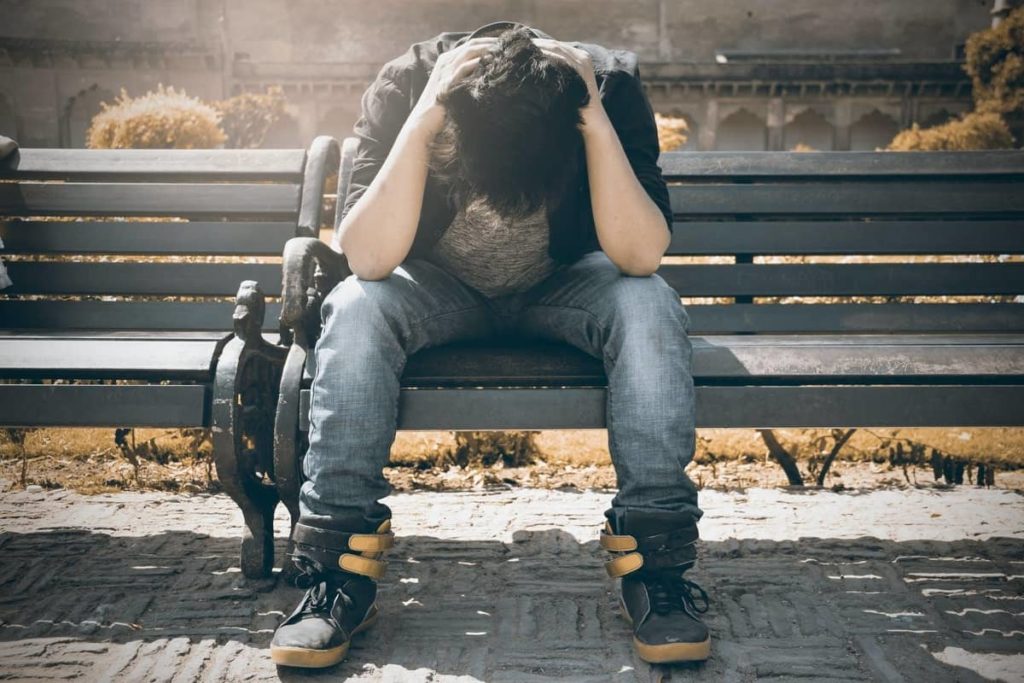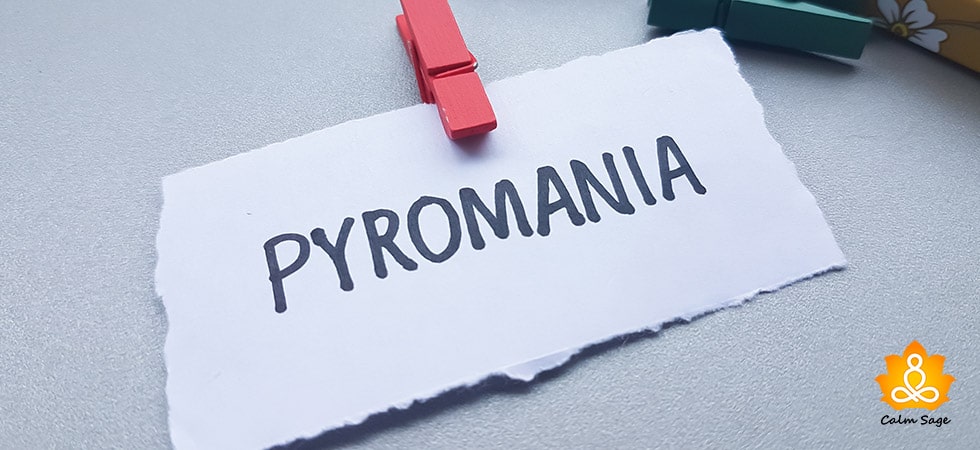Trauma Denial: Why It Is Important To Address

Recovering from trauma is a slow and gradual process but it is possible. You may find the first step in your recovery hard to take but no matter how difficult the first step may be, no matter how many painful memories it brings, we need to confront them.
However, many people – to avoid the pain – choose to deny their traumatic experiences. This is where trauma denial comes into play.
While trauma denial is a natural response to trauma, it is not very helpful. Denial of trauma may give you a temporary sense of relief and might help you stand on your feet after the traumatic experience, it does not help you fully recover or heal from the pain of the trauma.
Let’s understand what trauma denial is, what effects can it have on your mental and emotional health, and how to recover from trauma – the healthy way.
What Is Trauma Denial?

Trauma denial is when you distance your mind and emotions from your traumatic experiences. It is one way for your brain to avoid an overload of emotions. Denial can be pretty useful when it comes to protecting your brain from an overload.
However, the relief is short-term. Denial of trauma may allow you to get back on your feet and find comfort, but in the long term, it can cause you to feel more suffering than before.
Trauma denial causes you to suppress or bottle up your emotions that an unpleasant, overwhelming, or traumatic event brought up. But, denying the emotions will still be carried in your mind and body until you confront them.
Confronting your emotions can’t be easy but it can certainly be helpful.
But how to know that you’re struggling with trauma? Well, here’s what trauma can look like.
- Accidents
- Childhood abuse
- Domestic abuse
- Loss of a loved one
- Sexual abuse
- War
- Torture
Trauma Denial As A Defence Mechanism

Trauma denial can be a defense mechanism. Or, in other words, a practical and mental method that works as a buffer that helps you cope with your troubling emotions. Denial of trauma can help you lessen the impact the event might’ve had on your life.
Trauma denial happens when the reality of the traumatic event is so prominent that it feels psychologically secure to deny, repress, or ignore what happened rather than accept the trauma’s occurrence.
Psychologically, denial of trauma can help push away the overwhelming feelings and buy your mind some time to process what happened. Trauma denial is not the only psychological act, though. You can also experience:
- Dissociation
- Emotional numbness
- Emotional blunting
- Emotional avoidance
Is Trauma Denial Helpful?
Trauma denial can be beneficial (for a short period) as it can help you:
- Avoid pain – emotional and physical
- Move on
- Maintain some semblance of control
- Stay steady in a tough situation
- Protect yourself and your self-worth
- Develop positivity bias
Trauma denial can also help you to avoid social stigmas that often accompany diagnoses such as post-traumatic stress disorder (PTSD). The only problem with trauma denial is that it keeps you from acknowledging your true feelings and emotions. It creates a barrier that keeps you from healing or fully recovering.
Here’s How To Recognize Trauma Denial

If you’re experiencing trauma denial or if someone you love is struggling with it, there are ways to help recognize the signs of trauma denial.
Number one on the list is – avoidance. Avoidance to talk about the event. One may also change the topic as soon as the traumatic event is brought up.
Other signs may include, staying busy, using work as an excuse, or using substances such as alcohol or recreational drugs to cope.
Another common sign of trauma denial is minimization. Minimization in trauma denial might sound like,
- “It’s fine. It’s OK.”
- “Past is the past. Let’s focus on the present.”
- “I’m sure I’m not alone in this.”
- “It’s not a big deal, I’ve moved on.”
- “It’s not big enough to be traumatic.”
- “I’m fine. I’m dealing with it.”
- “Let’s not talk about it.”
These are just a few examples of minimization in trauma denial. The responses may vary from person to person and experience to experience.
How To Resolve Trauma?

As I said in the beginning, healing and recovering from trauma takes time and patience. It doesn’t happen overnight. To start recovering from trauma, here are some things you can consider:
1. Reaching out to a professional
It might sound scary to talk to a therapist about your trauma but trauma-informed therapists are well trained to help you process your trauma and explore your feelings. Seeking help can be beneficial for your recovery. For a safe experience, you can look for trauma-informed therapy.
2. Self-help techniques
Along with therapy, you can engage in self-help techniques that can help heal your mind, body, and soul. Here are some techniques to help you in your healing:
- Deep breathing
- Exercising
- Massage therapy
- Meditation
- Grounding exercises
Please keep in mind that trauma affects everyone differently. What you might experience emotionally might not be the same as others and vice versa. Recovery is a process unique to all, however, the methods might be the same.
While some people may benefit solely from therapy and medications, others might find comfort in self-help. If you don’t want to talk to a professional, know that it’s OK. You don’t have to if you’re not comfortable.
However, if you’d like to connect with a professional, you can reach out to BetterHelp. With trained and experienced therapists, BetterHelp offers affordable online therapy available to everyone.
Trauma denial is a natural trauma response that might not be in your control. It’s your brain’s way to keep you safe, however, to heal from trauma you need to acknowledge the trauma first (and the emotions it brings up).
It might not be easy in the beginning but with the right help, you can learn to work through trauma and heal. For more, you can write to us at info@calmsage.com or DM us on social media.
You are strong and you’ve got this!
Take Care!




















